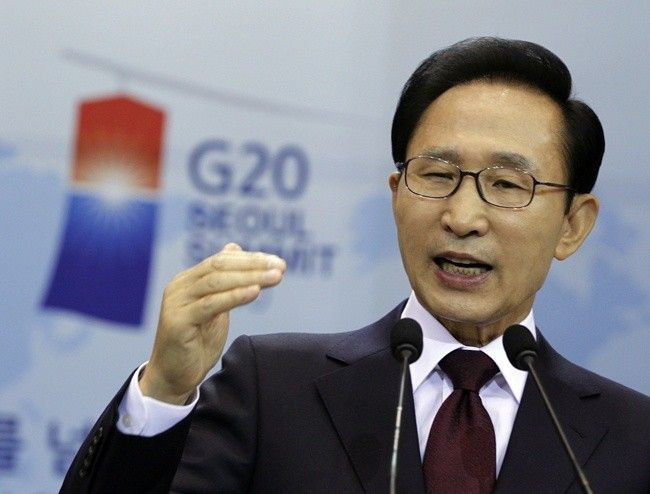South Korea dumps Sunshine Policy with North, opts to go solo

In a strategic move to delink from North Korea, the South has dumped the decade-old Sunshine Policy that was ushered in to eventually achieve the unification of both Koreas.
In its annual report, the South Korean Unification Ministry has categorically said billions of dollars and cross-border exchanges failed to change the mindset of Pyongyang, leaving aside any improvement in the lives of North Koreans under the Communist regime.
The report which was released on Thursday shortly after the North's request to resume the jointly-run Mount Kumgang resort that was shun by Seoul in 2008 when a South Korean tourist was killed by a guard.
The report has blamed the North for the lack of progress on reuniting separated families or providing information about South Korean prisoners of war. Seoul and Tokyo also allege that the North Korean agents had abducted their citizens in the 1960s and 70s.
The turnaround in South Korean policy is reportedly pushed by the North's alleged sinking of its Cheonan vessel in which 46 sailors were killed. South Korean President Lee Myung-bak's government has also stressed that the North should stop its nuclear program for any resumption of talks or bilateral ties.
There are no positive changes to North Korea's position that correspond to the support and cooperation offered by us, the report said, according to Reuters, which is said to have obtained the report.
Eversince the 1950-53 war that divided the Koreas along the 58th parallel, both the nations remained technically at war though the administrations of Kim Dae-jung and Roh Moo-hyun from 1998-2008 tried to restore normalcy under the Sunshine Policy that brought Kim the Nobel Prize in 2000. Kim visited North Korea in June 2000 and apparently allowed aid to flow clandestinely.
The policy comes at a time when the Myung-bak's government is seriously considering global role bereft of any North Korean shadow that had taken away the sheen from the South's progress in the region. The National Branding efforts by the South and the recently held Group of 20 (G20) summit are the new initiatives by the current government to forge ahead a new global image for the country that was bogged down by the North's nuclear issue.
The Sunshine Policy, which became a milestone early this decade, raised hopes that the North with its advanced missile and nuclear capabilities would eventually merge with the developed South and herald a new Asian power in the region.
However, the North's nuclear tests and its retreat from the Six-Nation talks on its nuclear program led to frequent disruptions in the peace process while the sinking of the ship in March brought forward the final curtain.
Though Pyongyang has not reacted so far to shelving of the Sunshine Policy by Seoul, media reports say it is preparing for another round of nuclear tests.
© Copyright IBTimes 2025. All rights reserved.





















